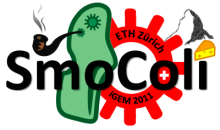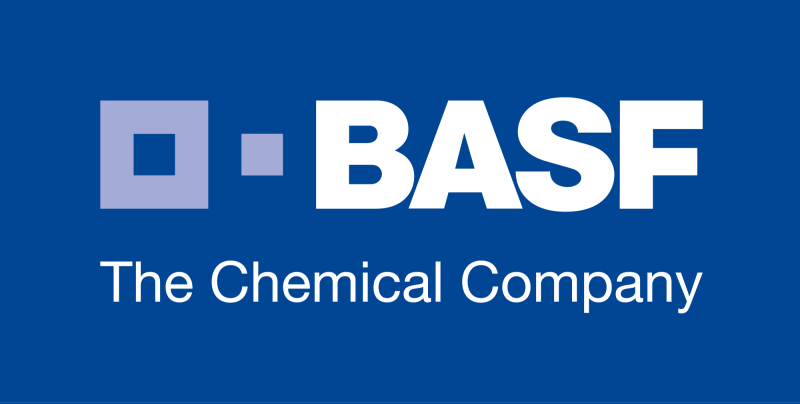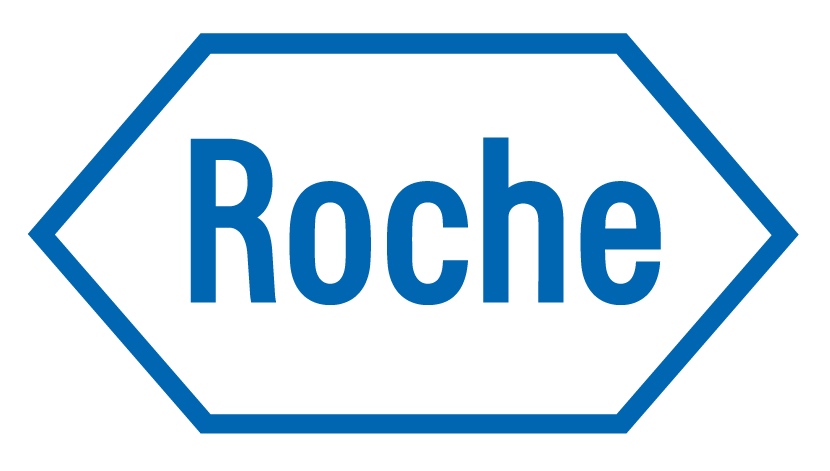Team:ETH Zurich/Achievements
From 2011.igem.org
(Difference between revisions)
(→Biology) |
(→Biology) |
||
| Line 24: | Line 24: | ||
* We improved the pSB6A1 Plasmid to standard 5: [http://partsregistry.org/Part:BBa_K625005 '''pSB6A5'''] | * We improved the pSB6A1 Plasmid to standard 5: [http://partsregistry.org/Part:BBa_K625005 '''pSB6A5'''] | ||
* We created the [http://partsregistry.org/Part:BBa_K625000 BioBrick '''LacI<sub>M1</sub>'''] which is a codon modified LacI for multiplasmid operations | * We created the [http://partsregistry.org/Part:BBa_K625000 BioBrick '''LacI<sub>M1</sub>'''] which is a codon modified LacI for multiplasmid operations | ||
| - | * We created [https://2011.igem.org/Team:ETH_Zurich/Biology/Validation#XylR_-_the_xylene_sensor two improved version of the '''P<sub>U</sub>''' BioBrick] | + | * We created [https://2011.igem.org/Team:ETH_Zurich/Biology/Validation#XylR_-_the_xylene_sensor two improved version of the '''P<sub>U</sub>''' BioBrick], characterized the P<sub>U</sub> promoter and fitted a dose response curve to the data |
* We successfully tested the '''channel''' in terms of '''cell viability and GFP synthesis''' | * We successfully tested the '''channel''' in terms of '''cell viability and GFP synthesis''' | ||
* We could established a '''gradient of a small molecule''' (IPTG and arabinose) in a tube and also in the microfluidic channel | * We could established a '''gradient of a small molecule''' (IPTG and arabinose) in a tube and also in the microfluidic channel | ||
| - | + | * We characterized the [[Team:ETH_Zurich/Biology/Validation#AraC_-_the_arabinose_sensor|P<sub>BAD</sub>]] dose response for homogenous expression of the P<sub>BAD</sub> in BW27783 | |
| - | * We characterized the [[Team:ETH_Zurich/Biology/Validation#AraC_-_the_arabinose_sensor P<sub>BAD</sub>]] dose response for homogenous expression of the P<sub>BAD</sub> in BW27783 | + | |
{{:Team:ETH Zurich/Templates/SectionEnd}} | {{:Team:ETH Zurich/Templates/SectionEnd}} | ||
Revision as of 00:19, 29 October 2011
SmoColi - Achievements
Modeling
- We made a reaction-diffusion model for the toxic molecule gradient formation in a channel and got a feeling about the feasibility of our ideas and channel dimensions.
- We approximated the gradient analytically and checked that it almost coincides with the numerically obtained one.
- We made a single cell model describing our circuit and verified its operation.
- We performed a robustness analysis of our system to see how the band behaves upon parameter variations and concluded that it is robust and monostable.
- We performed stochastic analysis to see how the GFP band reacts upon noise and confirmed one more time its robustness
- We integrated the single cell model and the reaction-diffusion model in a combined 3D spatiotemporal reaction-diffusion model, simulated for various channel dimensions to get a feeling how the GFP band will move and how the alarm is activated
- We extracted some information about the channel dimensions from the model and used this information in the actual channel design.
Biology
- After severe cloning difficulties (due to unexpected lethality of active CI and LacI), the final system was completely established.
- We improved the pSB6A1 Plasmid to standard 5: [http://partsregistry.org/Part:BBa_K625005 pSB6A5]
- We created the [http://partsregistry.org/Part:BBa_K625000 BioBrick LacIM1] which is a codon modified LacI for multiplasmid operations
- We created two improved version of the PU BioBrick, characterized the PU promoter and fitted a dose response curve to the data
- We successfully tested the channel in terms of cell viability and GFP synthesis
- We could established a gradient of a small molecule (IPTG and arabinose) in a tube and also in the microfluidic channel
- We characterized the PBAD dose response for homogenous expression of the PBAD in BW27783
Microfluidics
- We systematically came up with the current channel design through a process of developing and refining chain of ideas for different designs.
- Modeling help to improved the channel design
- We participated in the PDMS channel construction.
Human Practices
- We presented Synthetic Biology and iGEM to our fellow students in the CBB get together afternoon.
- We presented iGEM and our project to the general public on the BSSE Open House Day through a poster and a slide show.
- We also made a survey with critical questions related to Synthetic Biology and iGEM, asked people to fill it out and analyzed the results.
- ETH GLOBE and NZZ (Neue Zeitung Zürich) will write about our participation at iGEM World Championship Jamboree
- We helped the Edinburgh 2011 iGEM team with debugging their MATLAB cellulase model.
Personal achievements
- xx managed to move the Dropbox folder to another location, thus making it look empty for the others.
- xx accidentally modified an other teams wiki for 1 min
- xx and xy slept the whole boat trip in Amsterdam
- xy found a mistake in the PowerPoint in the morning before the presentation ("And the channel turns read")
- xy managed to sleep at two chairs in the lab
- We had fun!
 "
"




